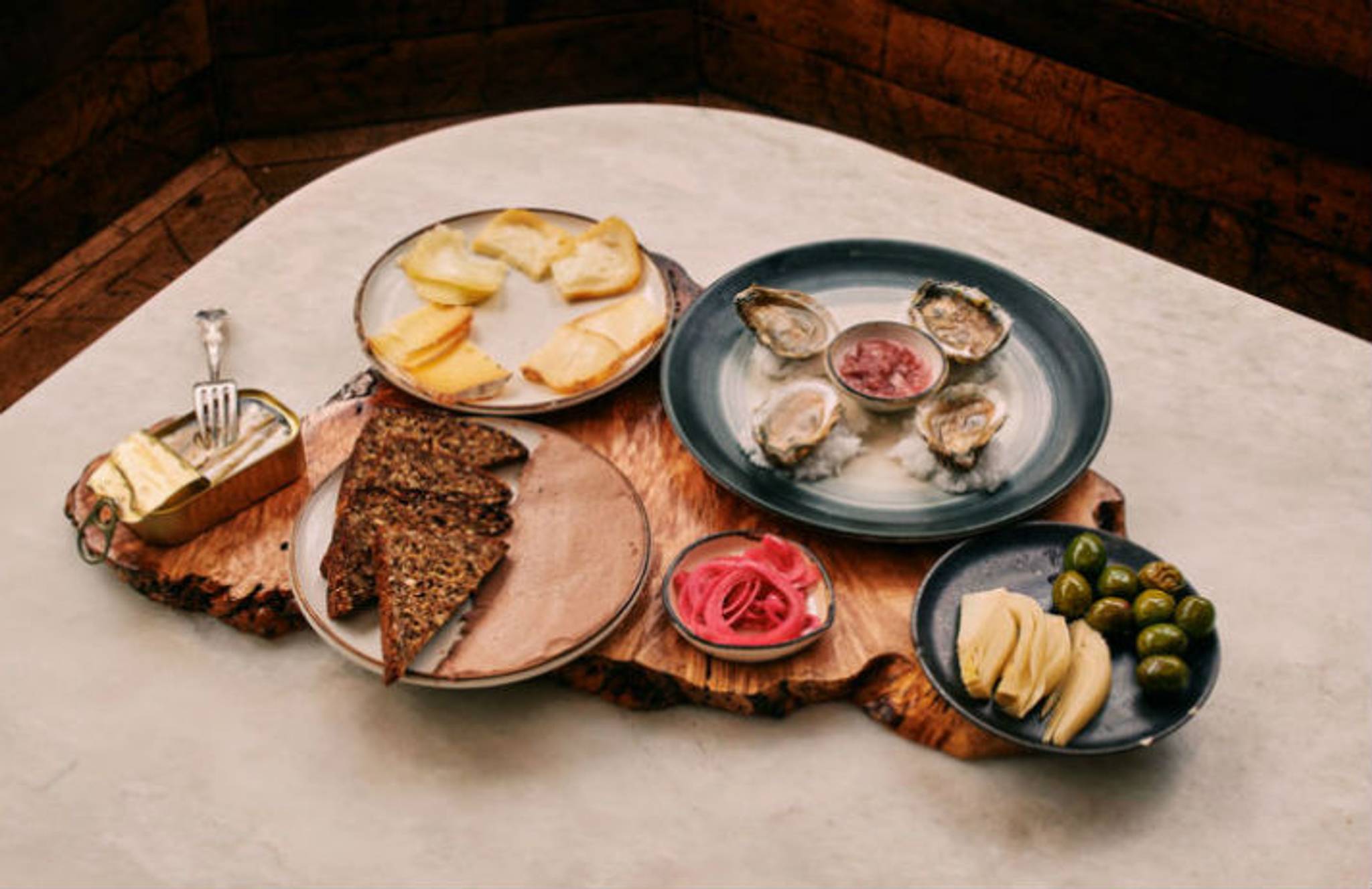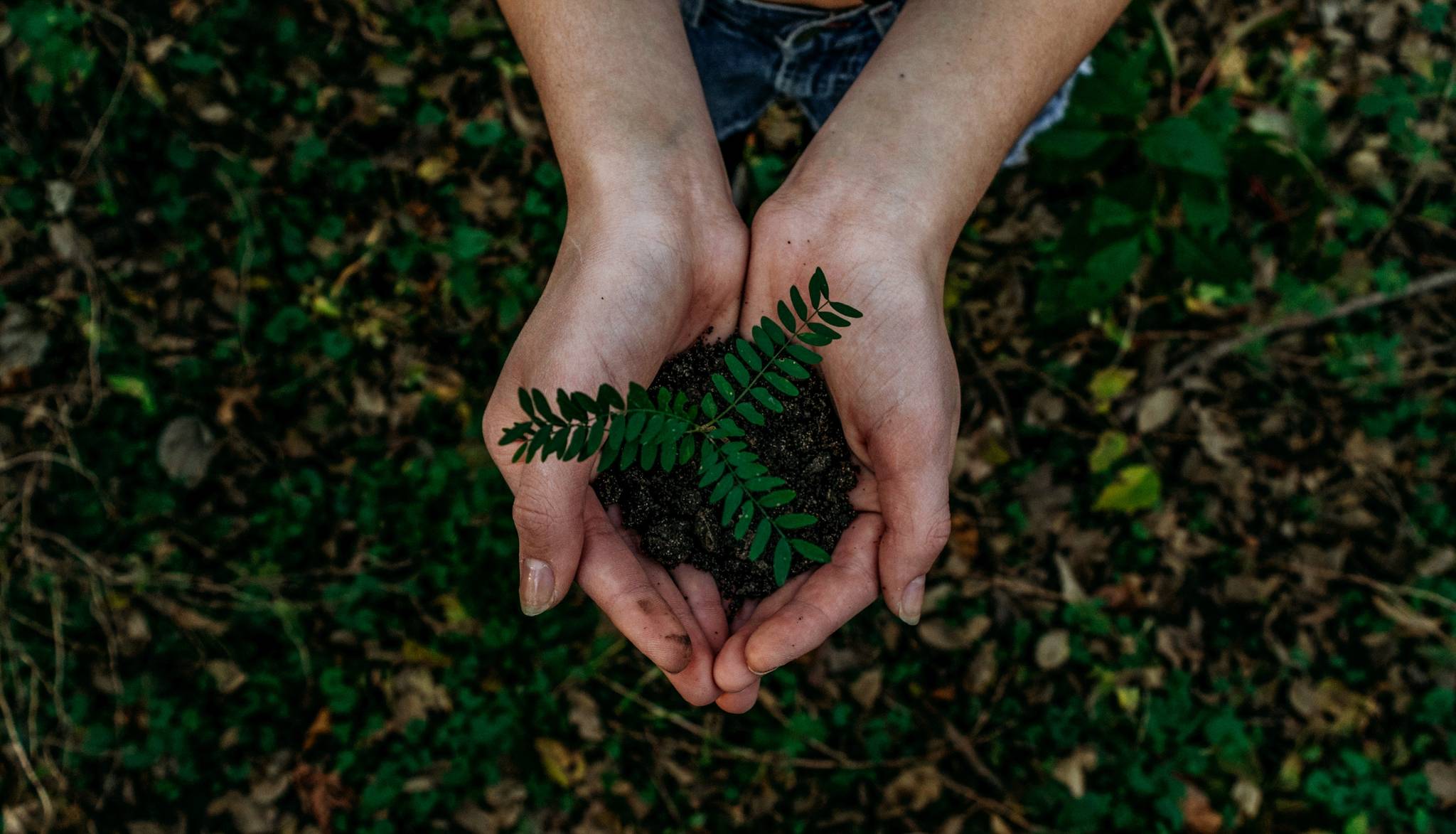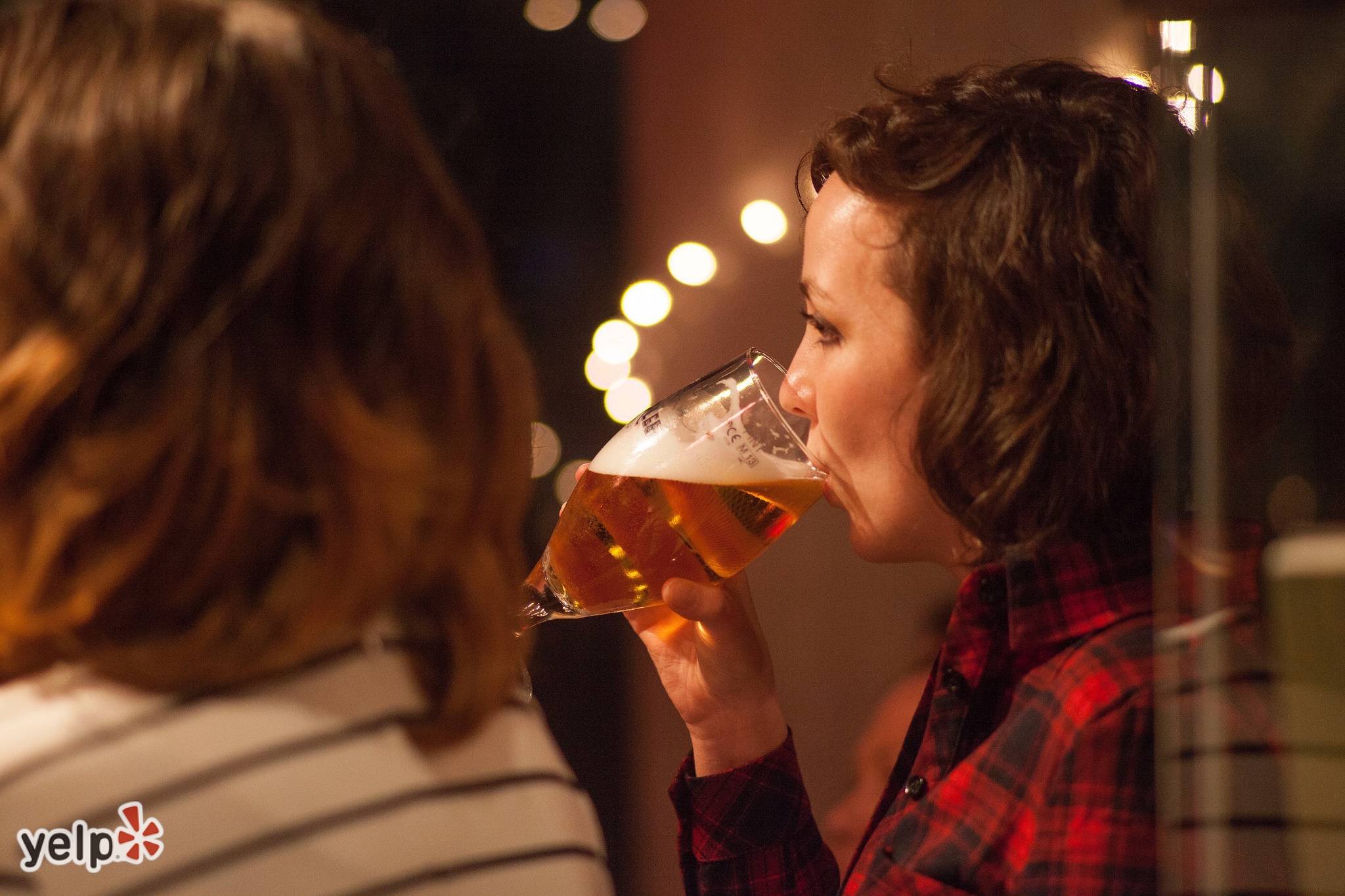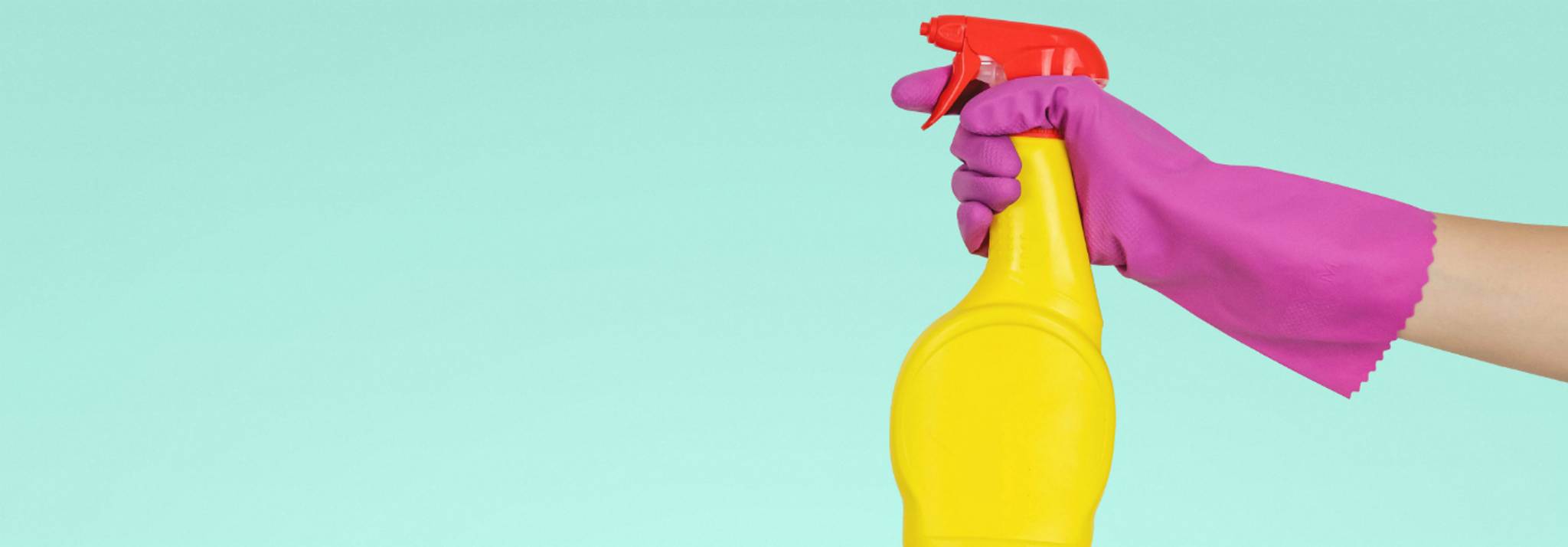
US start-up Veles has partnered with New York waste collectors to create an all-purpose cleaner made from food waste. As environmental considerations continue to play a role in people’s buying decisions, there's a growing interest in circular products that turn waste into something useful. We explore the insights behind this and why circular products are about to go mainstream.
Veles has partnered with local waste haulers and cafeterias to collect food waste from around Manhattan and bring it to a facility in Newark to decompose. Over a period of several years, the team at Veles has figured out how to break down the waste into four usable ingredients: water, alcohol (disinfectant), lactic acid (anti-bacterial), and acetic acid (the base for vinegar). These ingredients then go toward creating the cleaner, which is made from 97% food waste and 3% natural fragrances. The bottles retail for $20 with refills. "When treating waste as a resource, you can reduce overconsumption of both resources and greenhouse gas emissions from landfills. A double-negative, if you will," says Veles co-founder Amanda Weeks.
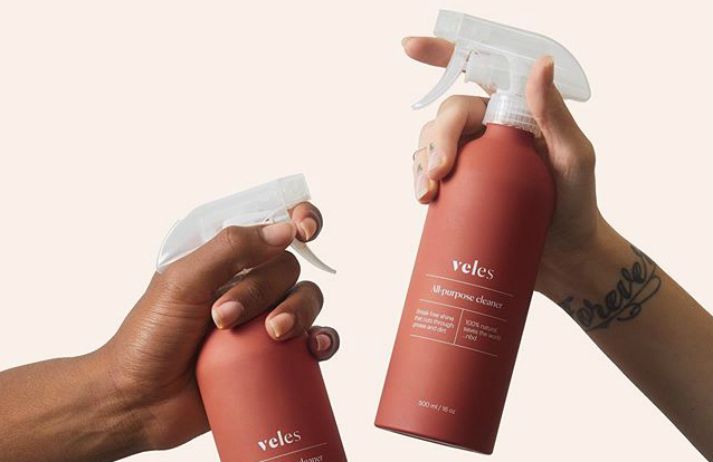
Food waste is a serious problem in the US, where households discard nearly one-third of the food they buy, contributing to the greenhouse gases that help to fuel climate change. But a rising tide of environmental awareness is shifting attitudes. Indeed, a 2019 survey found that 45% of Americans are more likely to eat at a restaurant that focuses on being sustainable, which includes factors like composting food waste. One way brands are tackling the problem is by experimenting with circular products that look to limit the extraction of raw materials. In the UK, the Marks & Spencer grocery store chain launched a beer made from surplus bread, showing how brands can give waste a second life. "We want to make this approach available for products that already exist rather than just making new stuff for people to buy," says Weeks.
Isabel Evans is a junior behavioural analyst at Canvas8. Fascinated by how and why people do things, she has an MSc in cognitive and decision sciences from UCL. You can often find her drinking endless coffees, running around Regent’s Park, or delving into a book.
